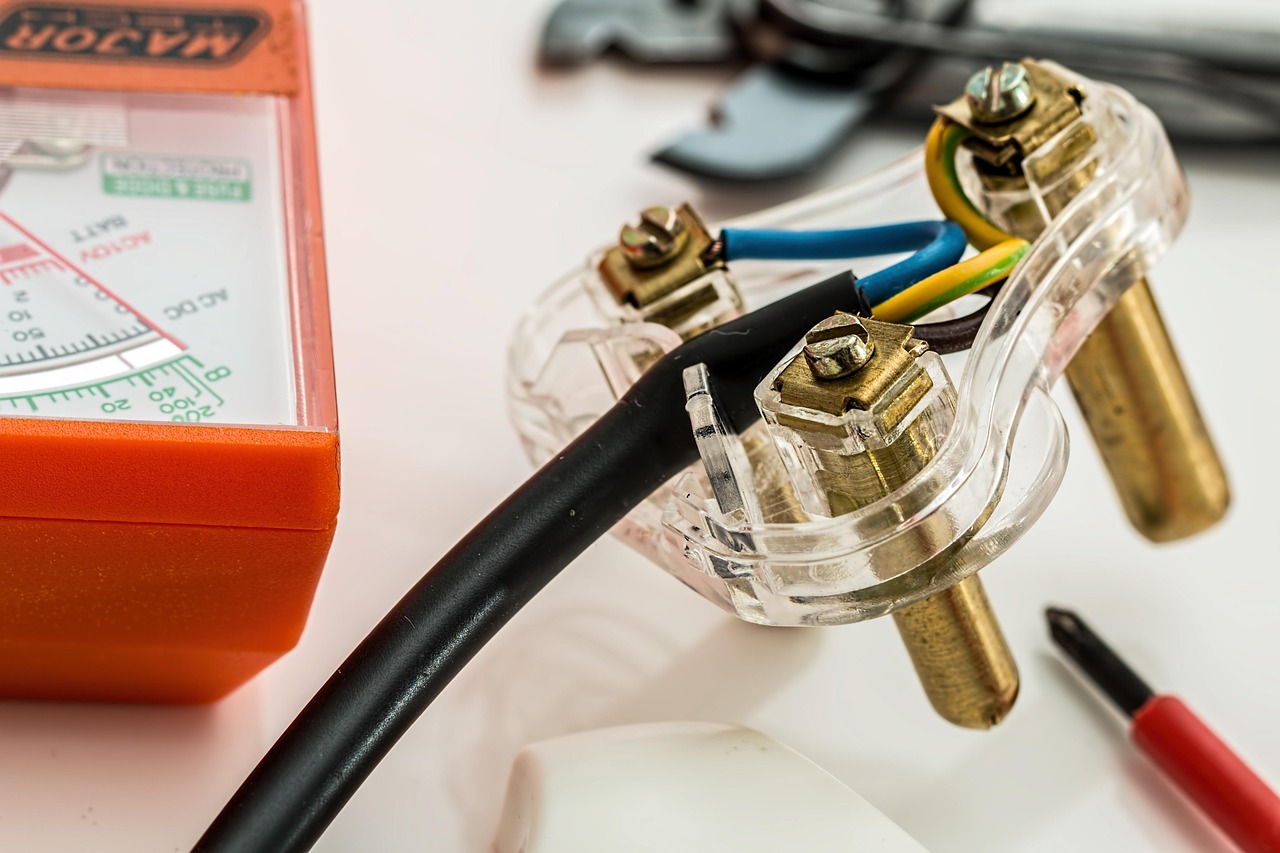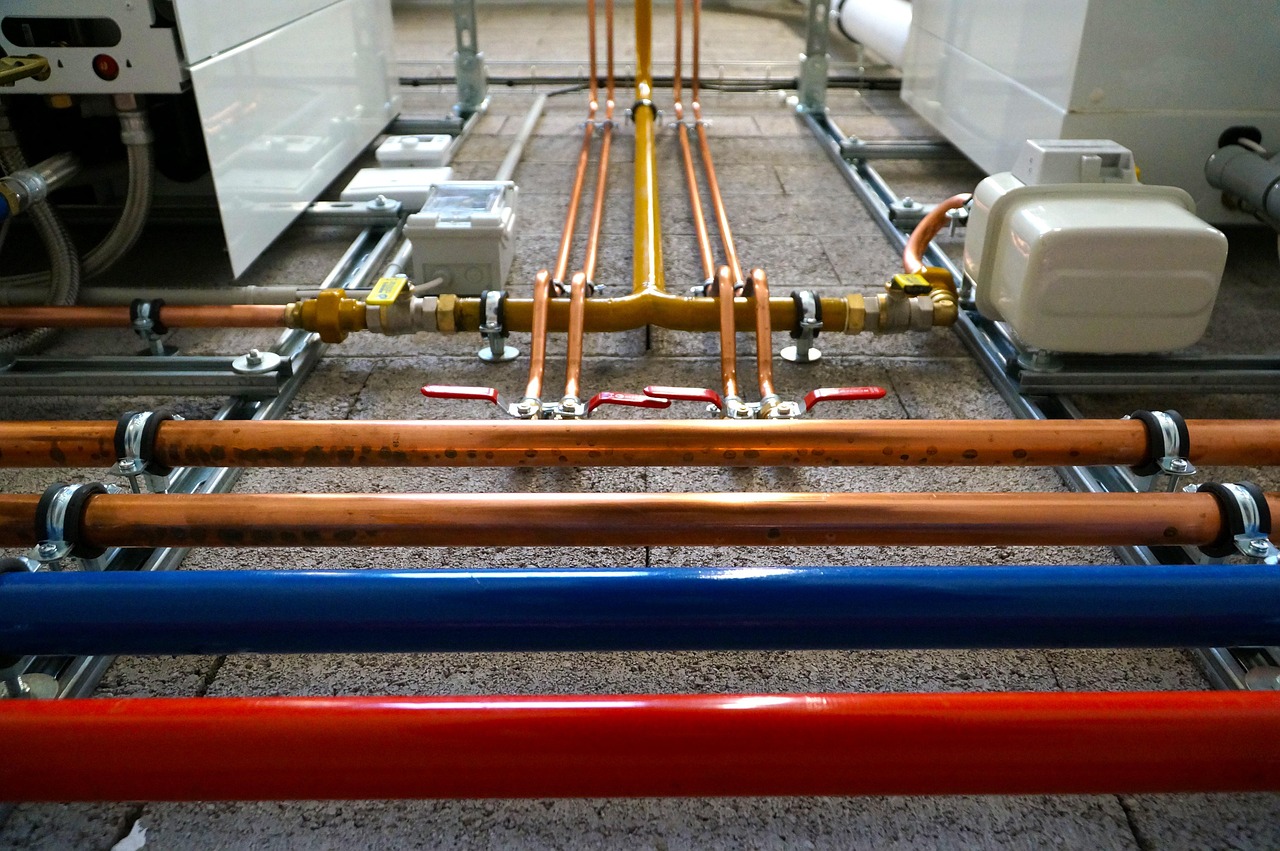

How to Prepare Your Home’s Electrical System for a Renovation Project
How to Prepare Your Home’s Electrical System for a Renovation Project
Renovating your home is as much about dreams as it is about detail. You might be visualising a brighter kitchen or wondering where all those extra sockets will fit in the new extension. Let’s chat about one area that’s far too often overlooked: your home’s electrical system. From the desk of a certified electrical company (and the perspective of someone who’s helped countless UK homeowners just like you), here’s a practical guide for making sure your electrics are safe, future-proofed, and ready for whatever you have planned.
Common Electrical Upgrades Required During Home Renovations
Every renovation brings a list of wish-list upgrades and must-have changes. As homes evolve, so do our electrical needs. Ever noticed how there are never quite enough sockets by the couch, or how every new gadget seems to need its own place to plug in? During renovations, some of the most common upgrades include:
- Adding more sockets and USB charging points for convenience in living spaces
- Installing modern LED lighting for better efficiency and ambiance
- Upgrading kitchen appliance circuits – think about those power-hungry ovens and induction hobs
- Fitting power supplies for garden offices, outbuildings, or summer houses
- Including wiring for underfloor heating or air conditioning units
Upgrading isn’t just about luxury; it’s about making sure your sockets and circuits can genuinely handle the new demands. Don’t get caught out by outdated wiring or overloading old systems.
Why Upgrading Your Consumer Unit Can Prevent Overloaded Circuits
The consumer unit, often still known as the fuse box, is at the heart of your home’s electrical setup. Many UK properties still rely on old-style units that simply aren’t built for today’s energy-hungry world. Here’s the thing: modern consumer units offer much more than fancier switches. They include built-in Residual Current Devices (RCDs) and circuit breakers, which significantly reduce fire risk and protect against electric shocks.
Picture this: you add a fancy new oven, a hot tub, or maybe an EV charger. Will your current unit cope? Or will you trip the whole house every time you switch on the kettle? Upgrading now keeps your circuits balanced, reduces risk, and means peace of mind that meets the highest safety standards.
Important Rewiring Considerations and UK Building Regulations
Planning a renovation often means it’s time for the big question: does your home need a full or partial rewire? If your wiring is over 25-30 years old, or if you’re already finding frayed cables and ancient switches, rewiring should move to the top of your list. The UK’s Part P of the Building Regulations lays out essential safety standards for electrical work in residential properties. Any significant rewiring or new circuit addition needs to comply. With the work signed off by a registered electrician or Local Authority Building Control.
Regulations protect you in two ways. First, by making sure any changes are safe. Second, by confirming that all new installations fit seamlessly with your home’s future demands. No cut corners. Want to do some of the work yourself? Be aware: nearly all electrical jobs beyond the simple swap of a faceplate must be inspected and certified. Skipping this step could cause big headaches if you ever sell your house or, worse, need to claim on insurance.
Planning for Future Electrical Needs: EV Chargers, Smart Home Tech, and More
Think about the future. Perhaps an electric car is on the horizon, or a smart home system controlling your lights, heating, and security. New UK building regulations require that EV charging points are installed in new builds and, increasingly, in homes undergoing major renovations. If you’re not ready just yet, having your system pre-wired for these upgrades can be a smart move, saving major disruption and expense down the line.
Homeowners are increasingly requesting:
– Pre-installed wiring for EV chargers. So installation later is simple and cost-effective
– Structured cabling for smart home technology, from lighting to automated blinds
– Solar panel-ready supplies for sustainable energy solutions
With the right planning now, you’ll never need to chase cables through freshly finished walls. You’ll also protect the value of your home, making it more attractive for tech-savvy buyers.
Safety Tips for Homeowners While Electrical Work Is Carried Out
Undertaking electrical work during a renovation can feel daunting. But by following a few essential safety tips, you can keep your family, your home, and your peace of mind protected:
- Power Down: Always ensure the power to the area you’re working on is switched off at the consumer unit before any work begins. This is the simplest way to prevent accidents.
- Clear Communication: Make sure everyone on site knows when and where electrical works are being carried out. Clear signage and regular updates keep misunderstandings at bay.
- Barrier the Area: If you have children or pets, create physical barriers to keep them far from work zones. Stray hands and curious paws are best kept away from live wires.
- Stay Dry: Never work on, or near, electrical systems in damp or wet conditions. Water and electricity are never friends.
- Trust the Experts: Qualified electricians know how to safely test, install, and sign off on new work. If in doubt, call in a pro. Sometimes the best DIY is knowing when not to DIY.
Personal experience has shown time and again: accidents often happen not through lack of care, but lack of planning or awareness. Take the extra minute to check, to ask questions, and to ensure safe working practices every day. After all, the best kind of home improvement is one where everyone gets to enjoy the finished results, safe and sound.
If you’re ready to begin your renovation journey, start by mapping out your electrical needs as carefully as your new layout. The best upgrades protect your investment, save you money, and offer comfort and convenience for years to come. Don’t just settle for a quick fix. Take the time to get it right now, and your future self (and anyone who flicks a switch in your home) will thank you.
Ready for a safer, smarter, and more efficient home? Take the next step: book a consultation with a certified electrician who can help you plan with confidence.
Frequently Asked Questions
What are some signs my house needs rewiring during a renovation?
Older wiring often shows itself through flickering lights, regular trip switch incidents, outdated fuse boxes, or unsafe sockets and switches. If your home’s electrics haven’t been updated in the last 25-30 years, an inspection before starting your renovation is strongly recommended.
Do I legally need to hire an electrician for renovation work in the UK?
Any major electrical work. Like rewiring, adding circuits, or upgrading your consumer unit. Requires certification to comply with Part P of the Building Regulations. Registered electricians are qualified to self-certify their work, ensuring safety and legal compliance.
Can I future-proof my home for smart tech and EVs if I’m not ready to install them yet?
Absolutely. Pre-wiring for EV chargers, smart heating, and security systems is a clever move during renovations. It’s cost-effective and saves time, hassle, and disruption when you’re ready to upgrade.
How can I make electrical renovations safer for my family?
Communication is key! Always inform everyone in the house about work schedules, restrict access to work areas, and double-check that circuits are isolated before anyone starts. Only trust certified professionals for electrical work.
What if I don’t upgrade my electrical system during renovations?
Continuing to use outdated systems while adding new demands risks overloaded circuits, increased chances of electrical faults, and potential failure to meet current safety regulations. Address electrical upgrades now to avoid costly problems later.





